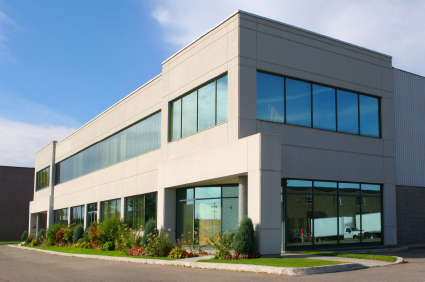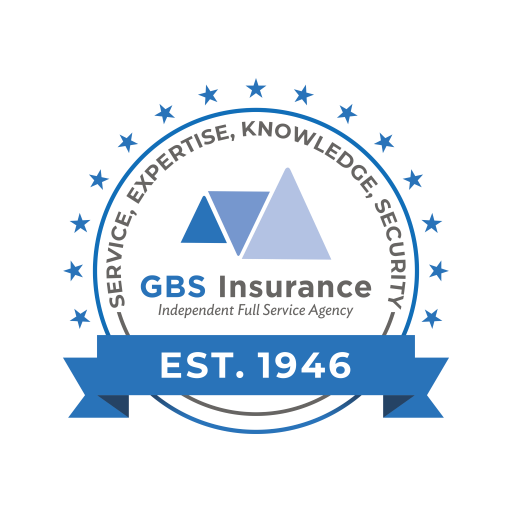
In general, commercial property insurance policies in Texas fall into three categories:
-
Basic form:
covers common risks such as fire, theft, storm, vehicles, aircraft and civil commotion
-
Broad form:
provides the coverage above, but also includes additional items such as water damage, inclement weather-related casualties like snow or ice damage, and structural collapse
-
Special form:
basically providers coverage for all types of losses except those specifically excluded from the policy – such as earthquakes, terrorism, nuclear disaster, etc.
Commercial property insurance policies can be confusing… But we’re here to help!
Does my commercial property insurance policy also include coverage for windstorm?
Yes and no. Most commercial property policies include a section for windstorm damage, EXCEPT if you live along counties on the Texas coast. If you’re business operates along coastal counties then you will need a separate policy to cover storm damage – and you will have to purchase that through the Texas Windstorm Insurance Association (TWIA).
Buildings within the one of Texas’ 14 coastal counties constructed, repaired or remodeled prior to January 1, 1988 are automatically eligible for TWIA coverage. However, those constructed, repaired or remodeled after January 1, 1988 must undergo a state inspection and receive a Certificate of Compliance before TWIA can provide windstorm coverage. We can assist you in collecting all of this information in order to get you the best coverage possible.
What types of crime & theft coverage are available for my business, besides what is already provided?
There are several additional types of crime coverage that you can invest in to protect your business, including:
- Loss of glass and money: this policy will provide assistance for glass damage and loss of money due to a break-in.
- Robbery (of property other than money): assists in coverage of loss of property that is not money.
- Forgery / Alteration: provides protection against forgery of checks and other types of payments.
- Theft and destruction coverage: allows for the protection of money and other property should a loss occur both on your property and off your property in the custody of an employee.
What factors are evaluated when determining my premium for commercial property insurance?
Normally, the primary risk factor associated with determining your premium will be fire. However, state-licensed inspectors will take into account five factors when inspecting your property:
- Location: Similar to personal home insurance, if your building is located in a city or town with fire protection nearby, it will typically cost less to insure than if you are located in an area where fire protection is limited
- Construction materials: You can receive a discount on your insurance premium if your building is made from fire-resistant materials. It’s a good idea to consult with us should you be considering remodeling your building.
- Occupancy: Depending on how you are using your property, your fire rating could be affected. If you are in an office building you will likely rate better with an inspection than if you are a restaurant or factory.
- Fire protection measures: You can lower your fire rating by installing fire sprinklers, alarms and fire extinguishers. In addition, the proximity to a fire hydrant will affect your rating as well.
- Exposure: The area around your business can have an affect on your fire rating. For instance, if you are nearby to an oil storage facility or refinery, then your rating will likely reflect those risks.

